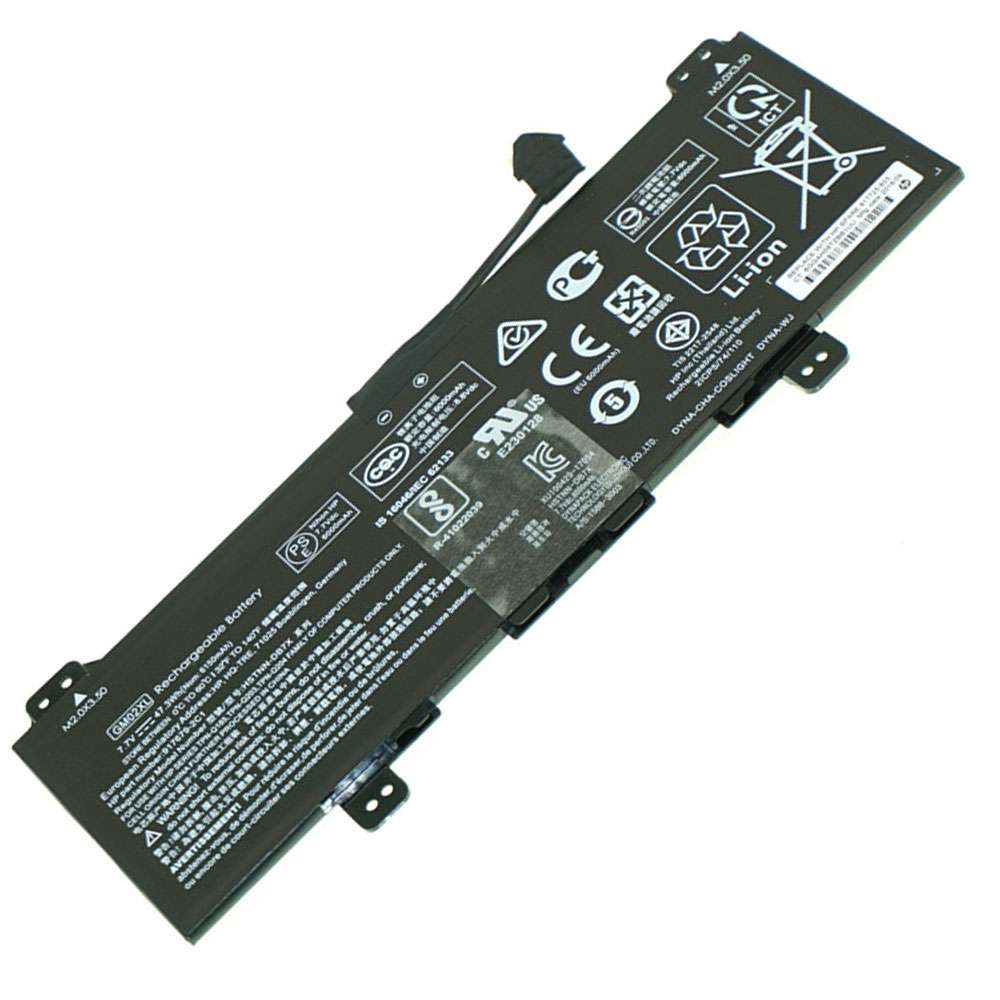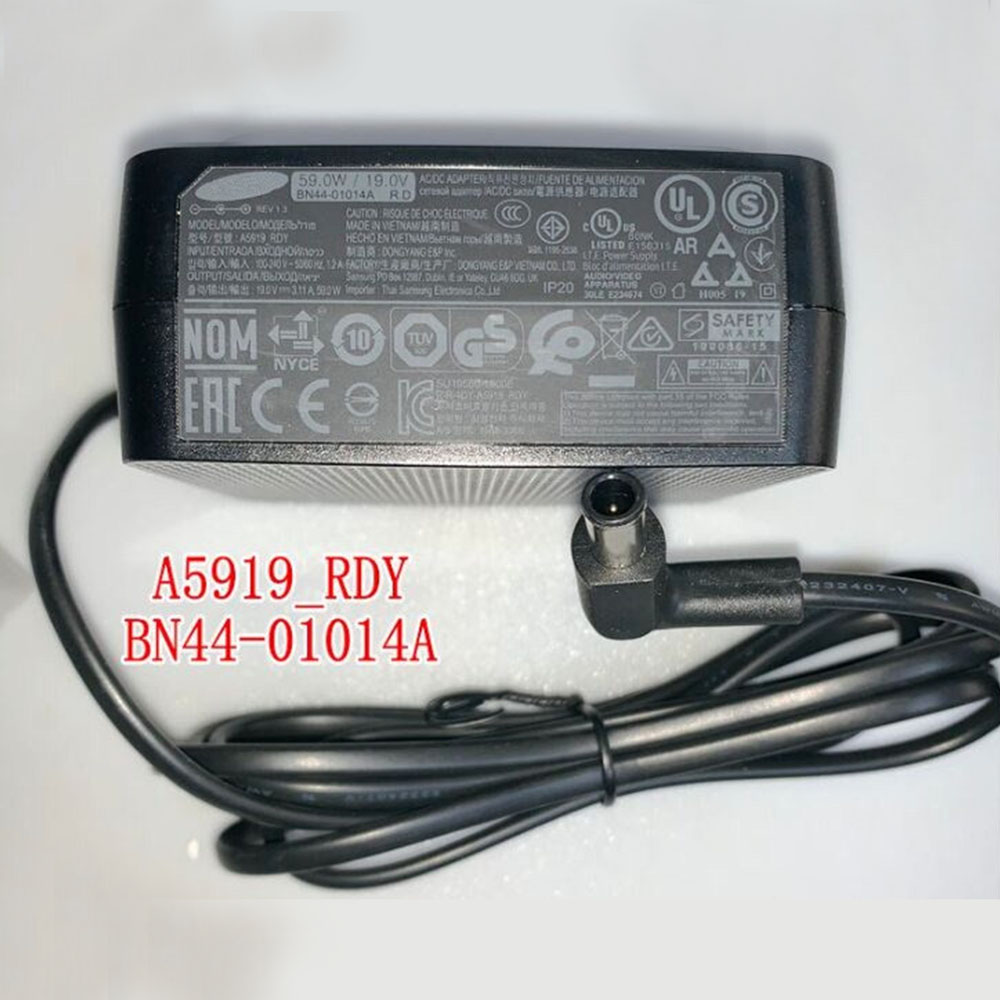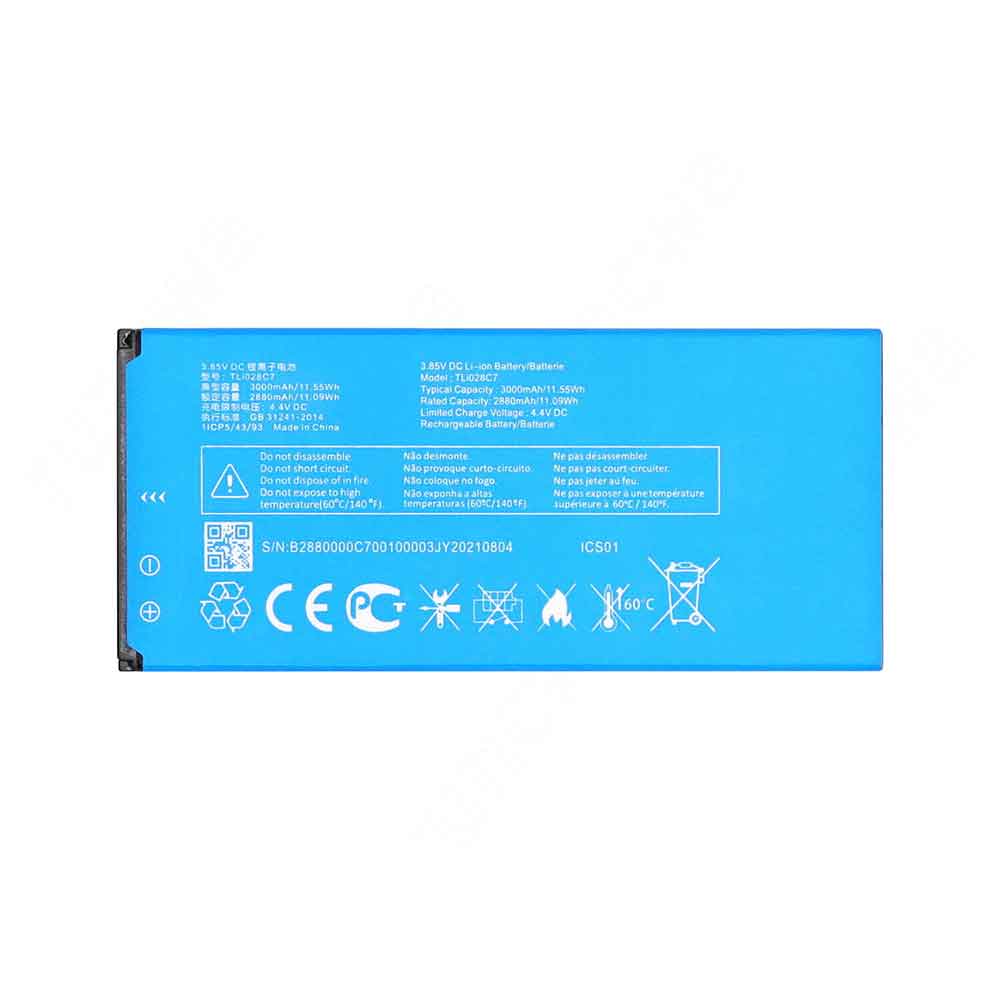Welcome to Batteriesfast.co.uk : Wholesale Supplier / Replacement Battery & Adapter
- Laptop Adapter
- AC Adapter
- Barcode Scanners Battery
- Bluetooth Speakers Battery
- Camera Battery
- Capacitors Battery
- GPS Battery
- Laptop Battery
- LED & LCD TVs Cable
- Medical Battery
- Mouse Battery
- PLC Battery
- HDMI Cables
- Power Supply
- Power Tool Battery
- Smartphone Battery
- Radio Communication Battery
- Tablet Battery
- Smart Watch Battery
- Wireless Router Battery
- Consumer Electronics Battery
- Headphones Battery
- Toys Battery
- Keyboard Battery
- POS Terminals & Machines
- Test Equipment Battery
- Vacuum Cleaner Battery
- Printers Battery
- Drone Battery
- Crane Remote Control Battery
- Radio Equipment Battery Chargers
- Survey Equipment Charger
- Game Console Battery
- Apple iPod Battery
- Key Fob Battery
- Vacuum Robot Battery
- MP3 Audio Player Battery
- Button Cell Battery
- Standard Battery
- Crane Remote Control Battery Charger
- Camcorder Battery
- Electric Scooter and Hoverboard Battery
- USB Cables
- Hair Clipper and Shaver Battery
- Video Doorbell Battery
- Alarm Battery
Battery Type
POPULAR PRODUCTS
NEW ARRIVAL
Frequently Asked Questions
How do I identify my battery?
The first thing to know is what the device model or battery part number is, such as the Toshiba Satellite A105, PA5170U-1BRS, etc. There is usually a label on the original battery indicating the part number.
How long will the new battery power my laptop?
The best way to determine how long a new battery will last is to follow these steps:
Find the capacity of your current battery.
e.g. 1000 mAh.
Think back to when your current battery was brand new. How long did it used to last in minutes? It's important to think when it was new as all batteries deteriorate with age.
e.g. about 60 minutes.
Divide the total minutes (Step 2) by the capacity of your current battery (Step 1)
e.g. 60/1000 = 0.06
Multiply the results from Step 3 by the capacity of the battery you are looking to purchase.
e.g. if the new battery was 1200 mAh you would calculate as follows 0.06 x 1200 = 72 minutes
Your battery has a different voltage to my battery, can I use it?
When replacing your laptop battery, you should always choose a battery with the same voltage as your original. There are however a couple of exceptions to this rule; For example voltages from the same pairs below, are compatible:
3.6V / 3.7V
7.2V / 7.4V
10.8V / 11.1V
14.4V / 14.8V
21.6V / 22.2V
The capacity of your battery is different to mine, can I still use yours?
Yes. The capacity of a battery does not affect its compatibility in anyway. A higher capacity battery will simply power your device for longer before you need to charge it.
It is important to check the dimensions and weight in addition to the capacity because sometimes higher capacity batteries can be larger in size, making them impractical for some uses even though they are compatible.
What's the difference between mAh and Wh in batteries?
MilliAmpere hour (mAh) is a unit of electric charge, Watt-hour (Wh) is a measure of energy. Both are small-scale units and used on batteries often.
Milliamp-hours to watt-hours calculation
The energy E(Wh) in watt-hours is equal to the electric charge Q(mAh) in milliamp-hours times the voltage V(V) in volts (V) divided by 1000:
E(Wh) = Q(mAh) × V(V) / 1000
For example, the Xiaomi Mi Notebook Pro battery at 8000mAh and 7.4v would be 59.2Wh (7.4v*(8000mAh/1000)).
I have seen different battery cell types like 6, 9, and even 12 cells, what are they?
This number indicates the number of individual cells used to make up the laptop battery. The more cells, the higher the capacity of the battery. Generally, the battery with the lowest number of cells is the standard battery that came with your laptop. The 9-cell or 12-cell batteries are the extended, higher capacity batteries that will provide you much longer run-time on a single charge. Before purchasing a battery with more cells, you need to weigh up the benefits vs the extra size and weight, especially if you carry your laptop around with you all day.
Why is the price of your battery so much lower than the brand names (OEM)?
Even the Leading Name Brand Laptop Batteries Are Manufactured Using Components From Third Parties.
Consumers often view OEM laptop batteries from brands such as Apple, Dell, Toshiba, HP, and others as being superior simply because of the name-brand. The truth is that name brand laptop batteries are manufactured using various components from other companies. Samsung, LG, and Texas Instruments are world renowned for the quality, safety, and lifespan of their battery components and are used in the assembly of most laptop batteries.
We specialized only in laptop batteries and work closely with the manufacturer to produce only the highest quality batteries. Only name brand battery cells and circuit boards are used in our batteries. Our prices are so much lower than OEM batteries because we manufacture our own casings and cut out the costs to brand or label our batteries, which in turn reduces any additional cost to our customers.










.jpg)
.jpg)
.jpg)



.jpg)
